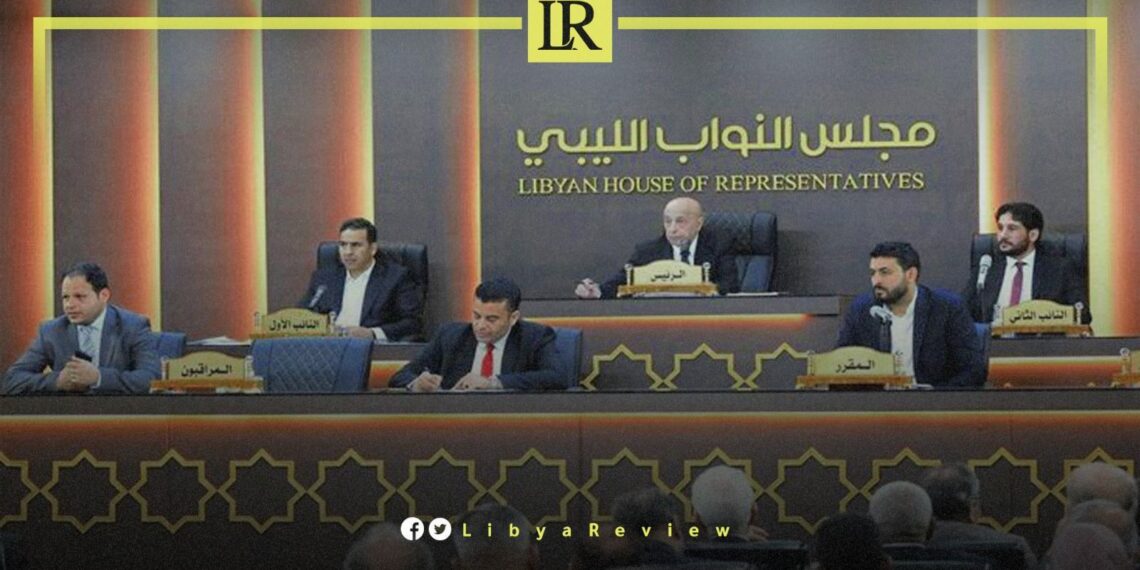Libyan Parliament Speaker, Ageela Saleh, confirmed that the Libyan House of Representatives’ (HoR) Finance Committee approved the Central Bank of Libya’s (CBL) proposal to adjust the exchange rate of the Dinar against the United States (US) Dollar.
In a televised interview on the Parliament-affiliated Al Mustaqbal channel on Friday, Saleh stated, “the HoR will issue a decision approving the CBL’s proposal, which can be adjusted at any time.”
Saleh highlighted that the Governor of the CBL, Al Siddik Al Kabir, requested the temporary imposition of a tax on foreign currency transactions to ensure exchange rate stability. This is a proposal that the Finance Committee agreed upon.
Saleh also mentioned that while the idea of lifting fuel subsidies is fundamentally sound, the timing for its implementation is currently not suitable. He noted that smugglers are the primary beneficiaries of these subsidies.
Al Kabir suggested adjusting the exchange rate of the Libyan Dinar against foreign currencies and imposing a 27% tax on foreign currency transactions. If implemented, this adjustment would be the second since the one enacted on January 3rd, 2021.
In a separate context, Saleh announced ongoing dialogues with international and local parties regarding Libya’s current crisis, focusing on forming a new government. He confirmed that the international community supports the Libyan demand for presidential and parliamentary elections.
During his television interview with Libya’s Al Mustaqbal channel, Saleh stated, “the Libyan people demand presidential and parliamentary elections, which are the optimal solution to the crisis, and this direction is supported by the international community.” He added, “the Head of the United Nations Support Mission in Libya (UNSMIL), Abdoulaye Bathily, understands the validity of the electoral laws and the necessity of forming a unified government, and the current dialogue revolves around the mechanism for government formation.”
Saleh clarified, “there is no objection to dialogue with all parties. The point of contention is that the Head of the Libyan outgoing Government of National Unity (GNU), Abdelhamid Dbaiba has been withdrawn confidence, and it is not possible to sit with him in his capacity as the Prime Minister.”
Saleh appreciated “the role of the High State Council (HCS) members, their responsiveness, and their understanding of the critical stage the country is going through,” adding, “We have had several meetings, and we will be visiting some countries in the coming days.”


